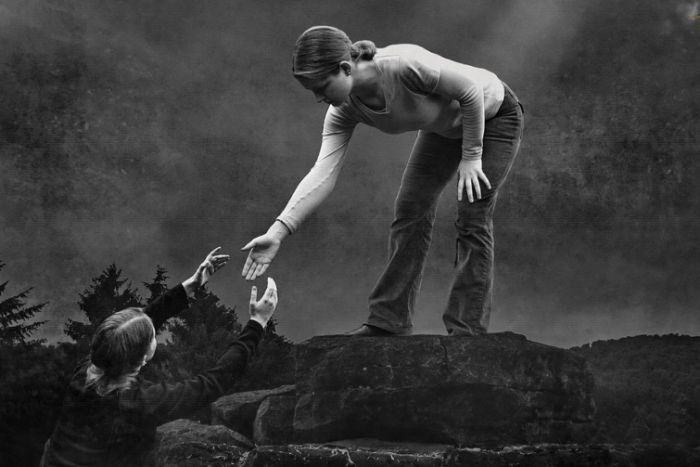
I read the transcript for a podcast called “All in the Mind” by Professor James Doty and wanted to share some of his ideas. About the professor, his website says, “James Doty emerged from a disadvantaged background in the United States to become a neurosurgeon, an entrepreneur and a philanthropist — only to let his fortune go and dedicate his professional life to the scientific study of compassion and altruism.”
With the Sandy Hook massacre, and the consequent dialogue on America’s gun control and mental-health awareness/treatment, Doty had some incredibly profound and truthful things to say. This is a part of the transcript that I think explains the creation of a disenfranchised person, or community, and helps shed light on the recent tragedies, which have confused and horrified many parts of the world:
When you remove a person’s dignity, when you give them the sense that they have no value, well what do you expect? They’ll engage in negative behaviours, because if you’re nothing you feel your nothing, and in fact you’re in so much pain you want to get rid of the pain, and so you turn to drugs, you turn to alcohol, if you’re not having a living wage, if every day you wake up it’s one of despair, geez, I’m shocked that people commit suicide, I’m shocked that they do these horrible acts against society. This is easily explainable. Look, in the United States per population and compared to other industrialised countries, we have an epidemic of people in jail. The va
st majority of people who are in jail are not because they’re bad people. Most of the people in jail are there because they have not been given love and kindness in their lives. It’s because the simple act of caring for another has not been available to them because of the way we have created our society in the United States.
You know, you look at Nordic countries, other societies that are more socialised, they create a safety net for their community where people are looked at as, you know, we’re all in this community together, where we have a responsibility to the most vulnerable. Those are the most successful societies. You know, this ridiculous concept in America of this rugged individualism and this Ayn Rand attitude, it is pathalogic, it will create despair, it will ruin lives, as it has done.
And as we get more disparity between the rich and the poor, you will see the further fragmentation of society. It is only until we reach out and embrace every human being as an important part of our society that our country is going to survive—and I think our world is going to survive.
Find the full science of compassion podcast here.
 Why you can trust Xtra
Why you can trust Xtra


